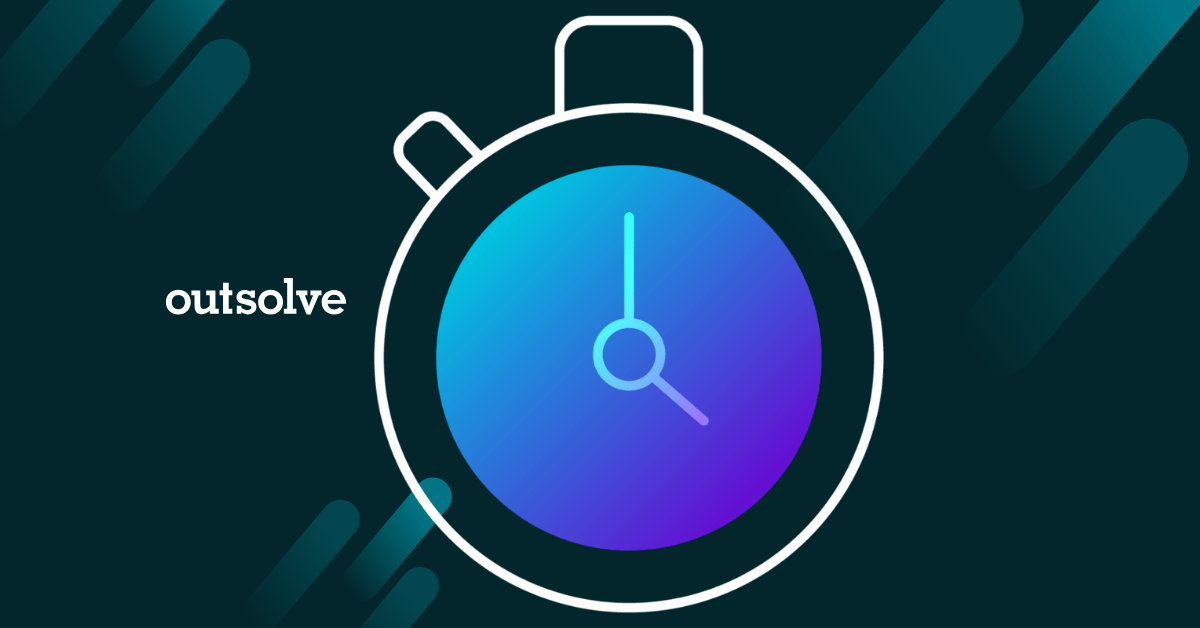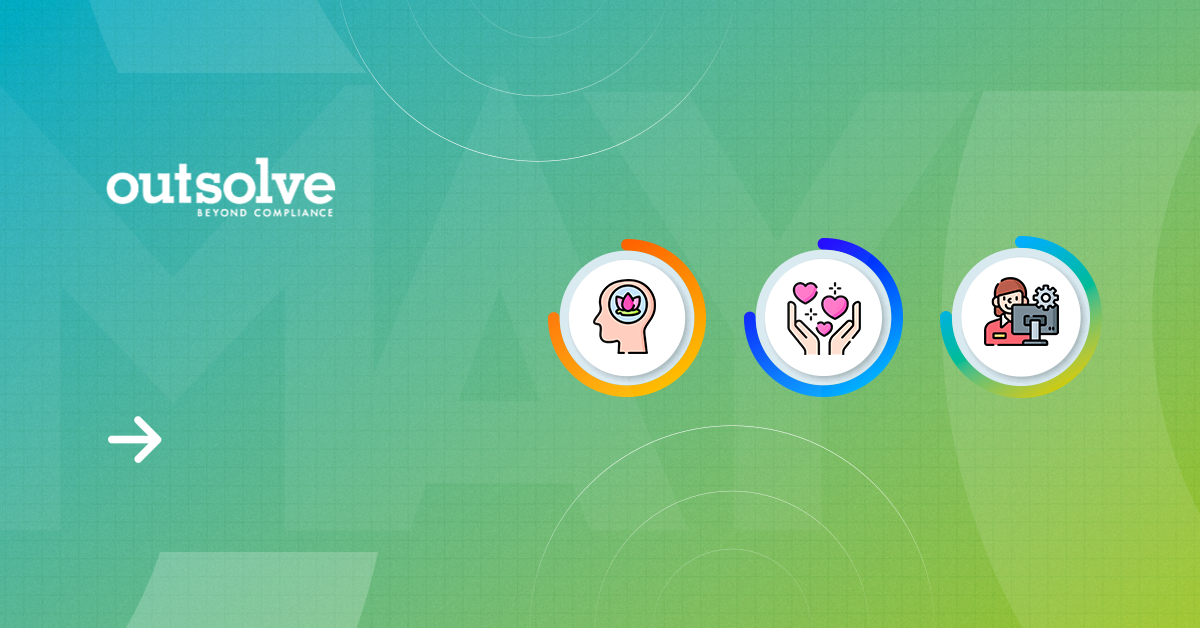
OutSolve’s EEO colleague, Toni Ahl, is an occasional contributor to our blog. The views, thoughts, and opinions expressed in this article belong solely to Toni and do not necessarily reflect the viewpoint of OutSolve or its employees.
May is Mental Health Awareness Month. Since the pandemic began, mental health has been a frequent topic in the workplace and beyond. Some of the issues brought on by the pandemic, like people feeling isolated, affected almost everyone. People were encouraged to seek help if they had issues which were exacerbated by the pandemic.
Then, when employees began returning to work, additional mental health issues came up. For example, some employees who use public transportation are experiencing panic attacks due to the number of people they are must around while on buses or subways.
The Americans with Disabilities Act (ADA) protects individuals who have physical or mental impairments that substantially limits one or more major life activities. Employees have a responsibility to advise their employers of their need for such an accommodation if the disability is not readily observable. After a reasonable accommodation has been requested, the employee and employer are supposed to enter into an interactive process to determine what, if any, reasonable accommodation may be provided. If no accommodation can be provided to keep the employee in their current position, the accommodation of last resort may be placing the employee in another position which meets their needs.
SHRM published some statistics about how employees felt about discussing their mental health at work. In this study, 79% of the employees felt that their organizations claim to care about their mental health, however, 39% of those same employees said they think the organizations pretend to care about their mental health because it’s trendy. While 42% of the employees who responded said they felt comfortable discussing their mental health at work, 41% said they felt they were gossiped about and 35% said they felt they were less likely to get promoted. Of those same people, 69% said they felt they are shown kindness and consideration and 65% said they felt supported.
Even if an employee’s mental health issue does not rise to the level of a disability under the ADA, employers may want to work with that employee to get them help. Many organizations have Employee Assistance Plans (EAPs). The organization should provide information to employees about their EAP and encourage employees to use it if they are in need. Providing additional resources that are available in the area is also a way for organizations to support their employees’ mental health.
Perhaps by encouraging mental health and providing resources, employees may get the assistance they need and keep the issues from worsening to the point of being a disability. If your organization would like more information about the ADA, feel free to reach out to me at eeoadvantage@gmail.com or (502) 553-7648.
President at EEO Advantage, LLC
Recent Posts
Related Posts
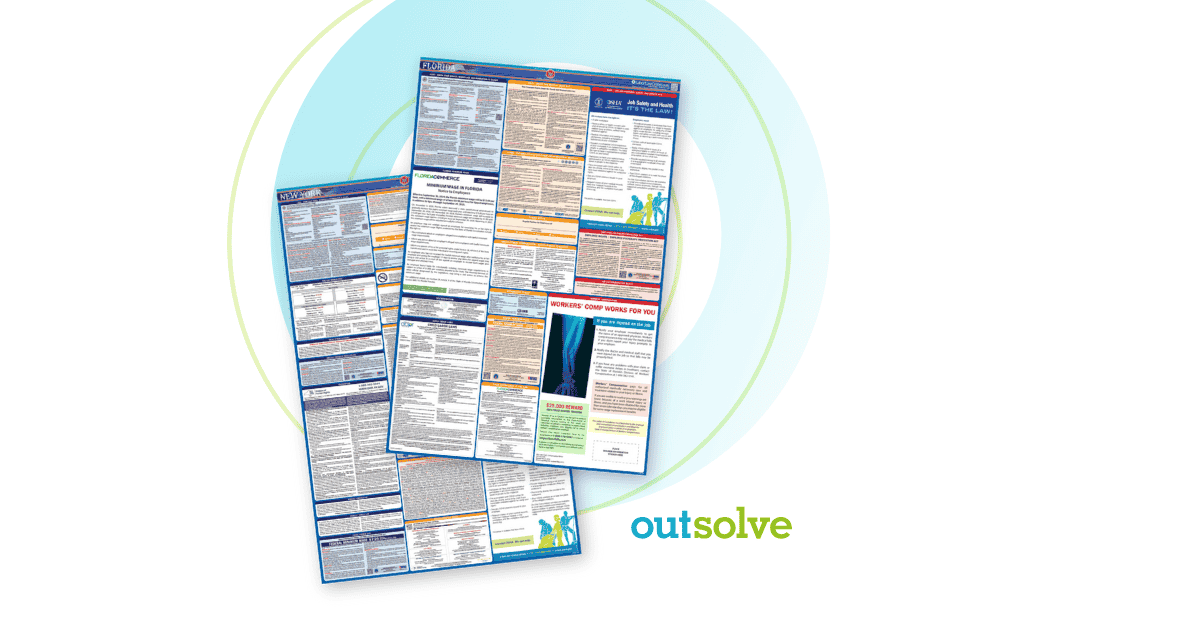
The Ultimate Guide to Multi-State Labor Law Posters
Human Resources professionals understand how important and challenging it can be to remain updated and compliant with labor laws. This is especially...
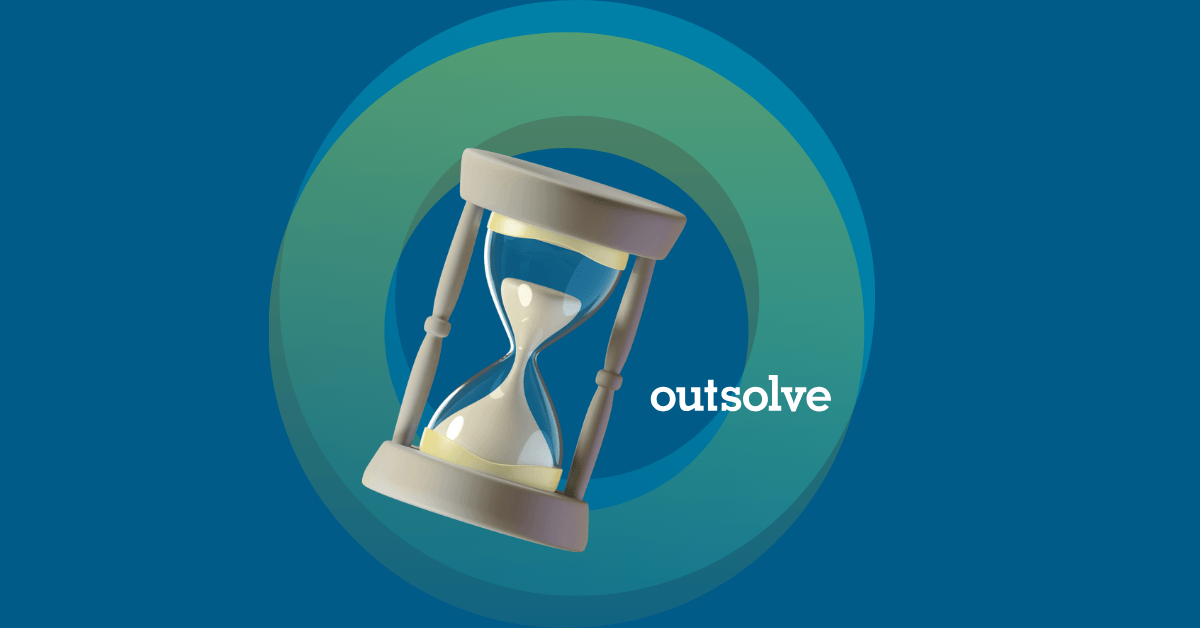
Countdown: Final Days of the 90-Day Safe Harbor Period for AAPs
April is here and with that comes the end of the 90-day safe harbor period for federal contractors complying with EO 11246. As April 21, 2025,...
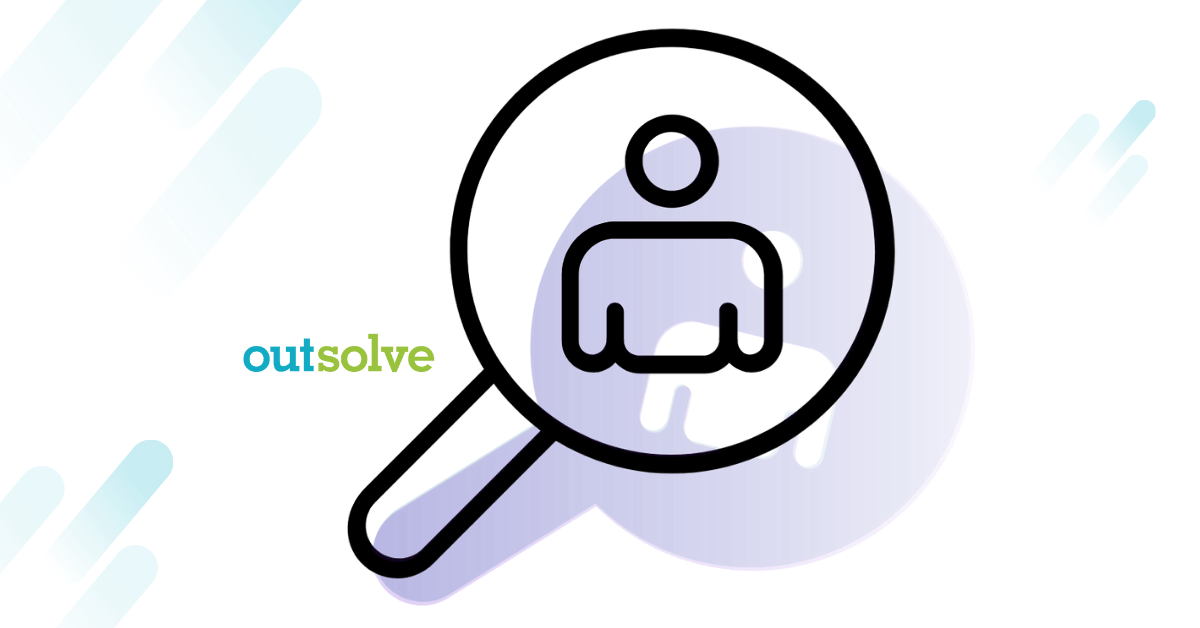
What Triggers an I-9 Audit? Key Factors You Should Know
Verifying proper identity and work authorization documentation for every employee is a crucial HR compliance function - not just for a company’s...
 Toni Ahl
Toni Ahl


